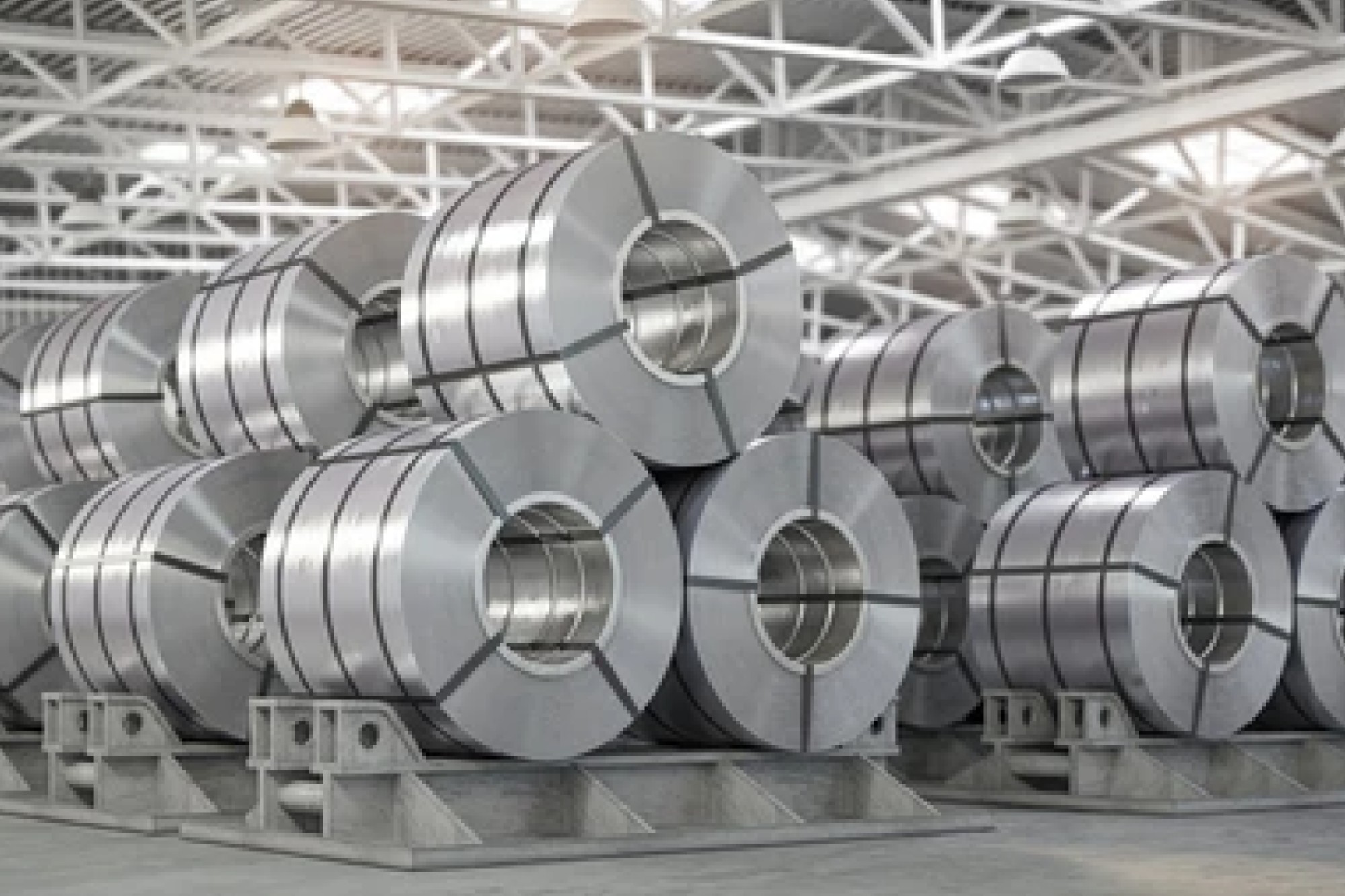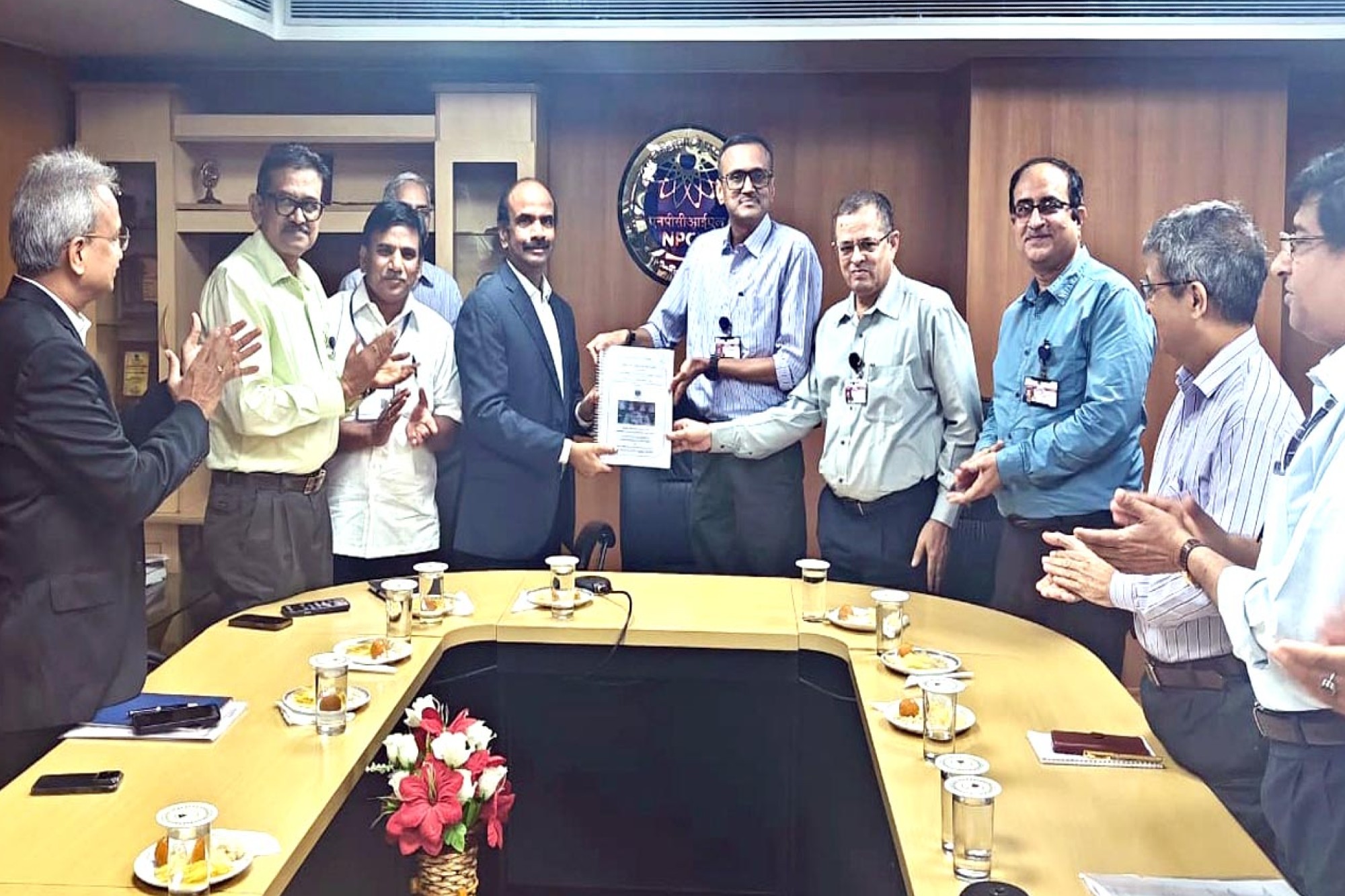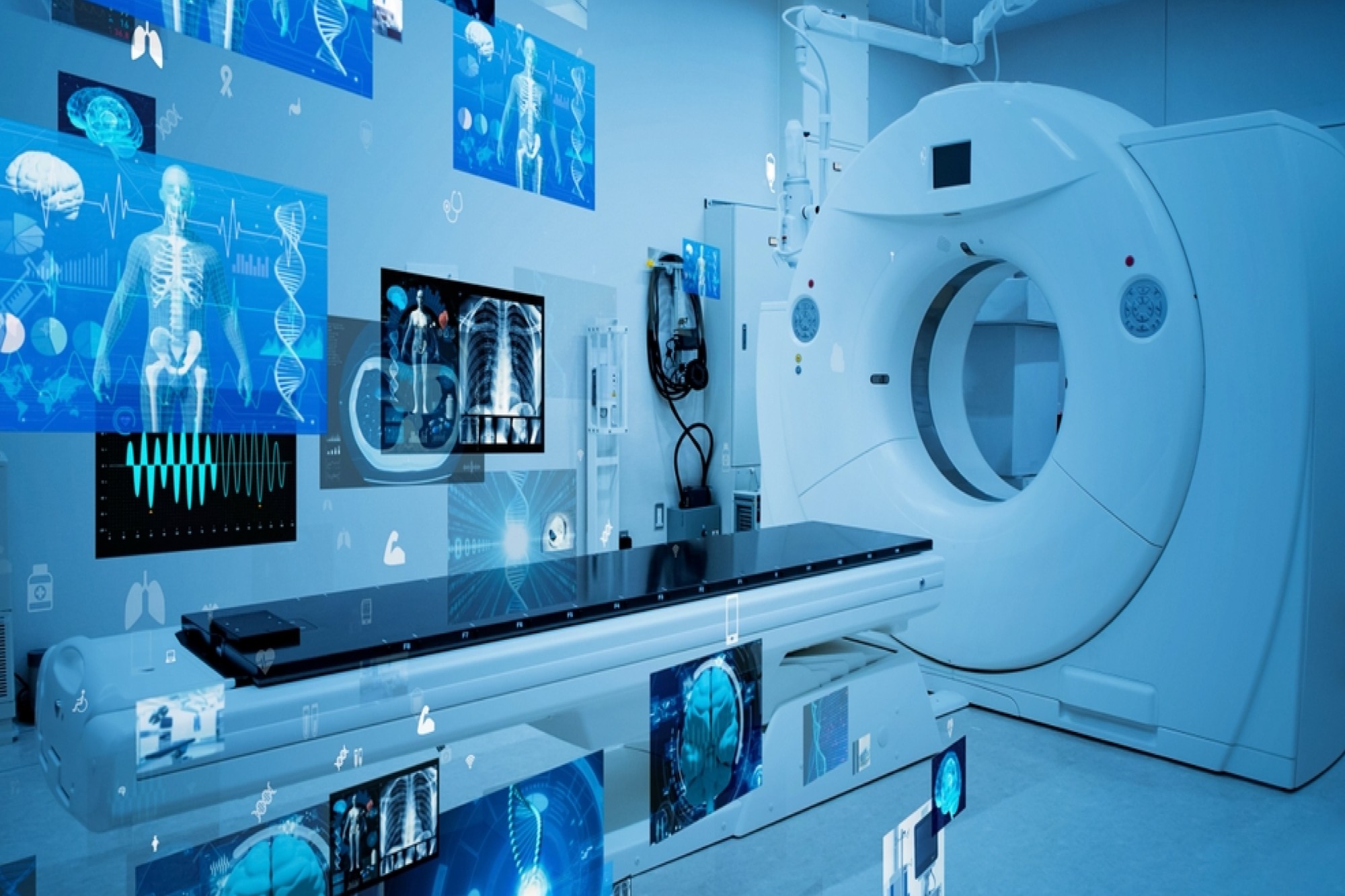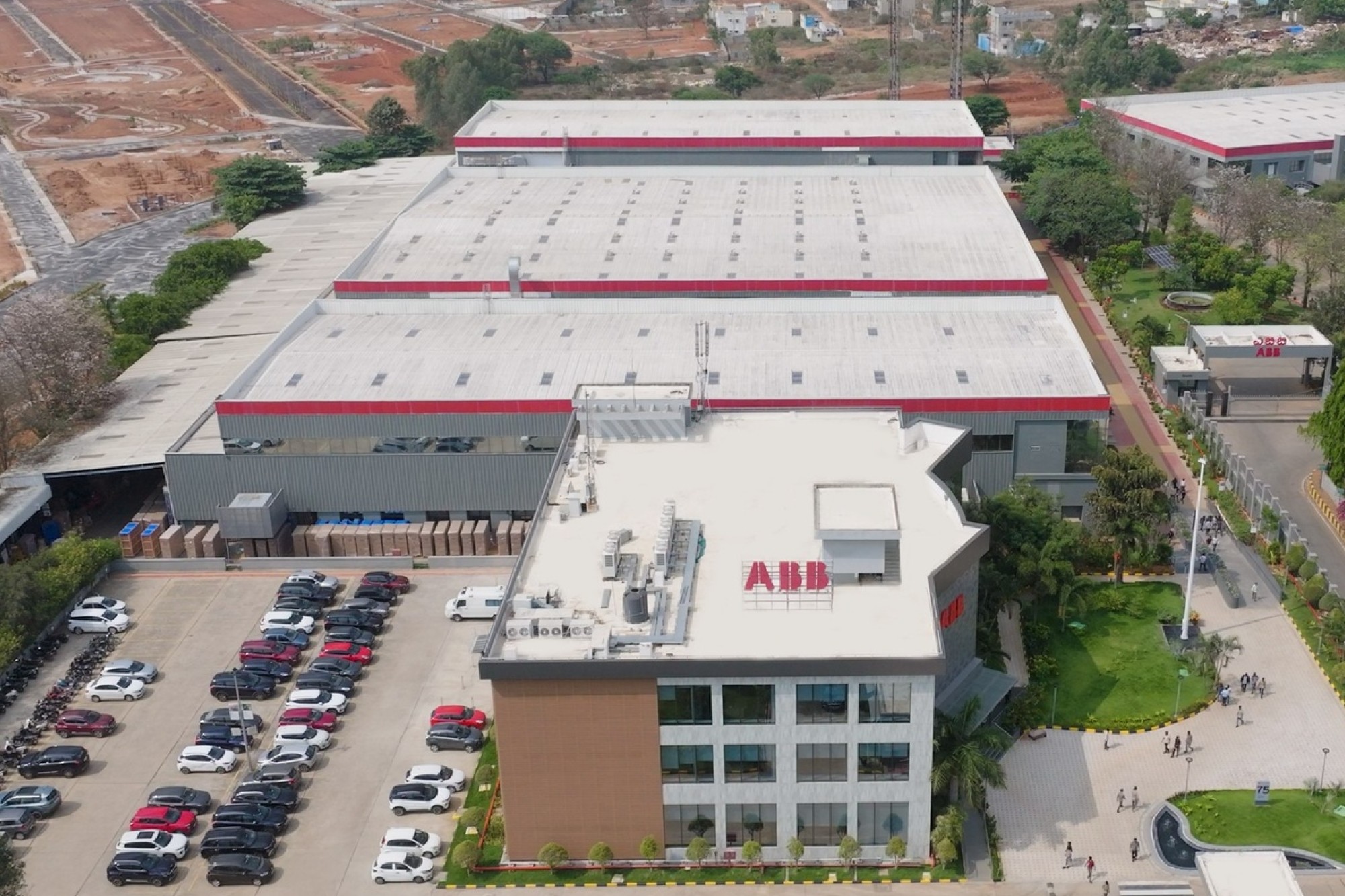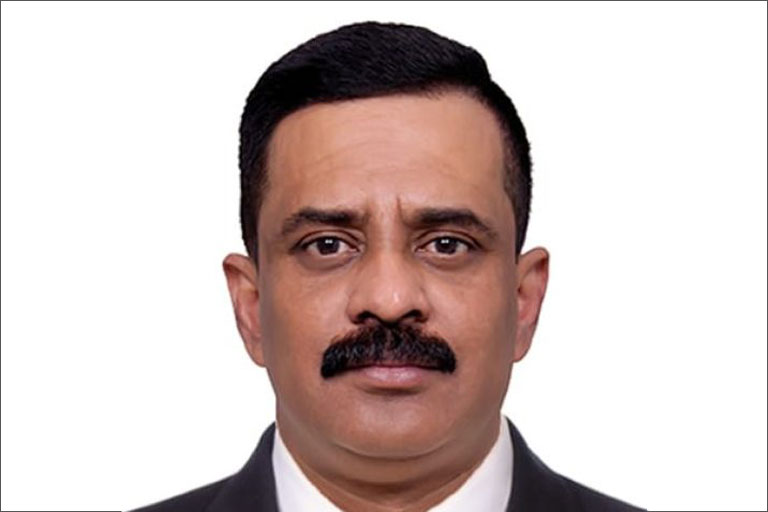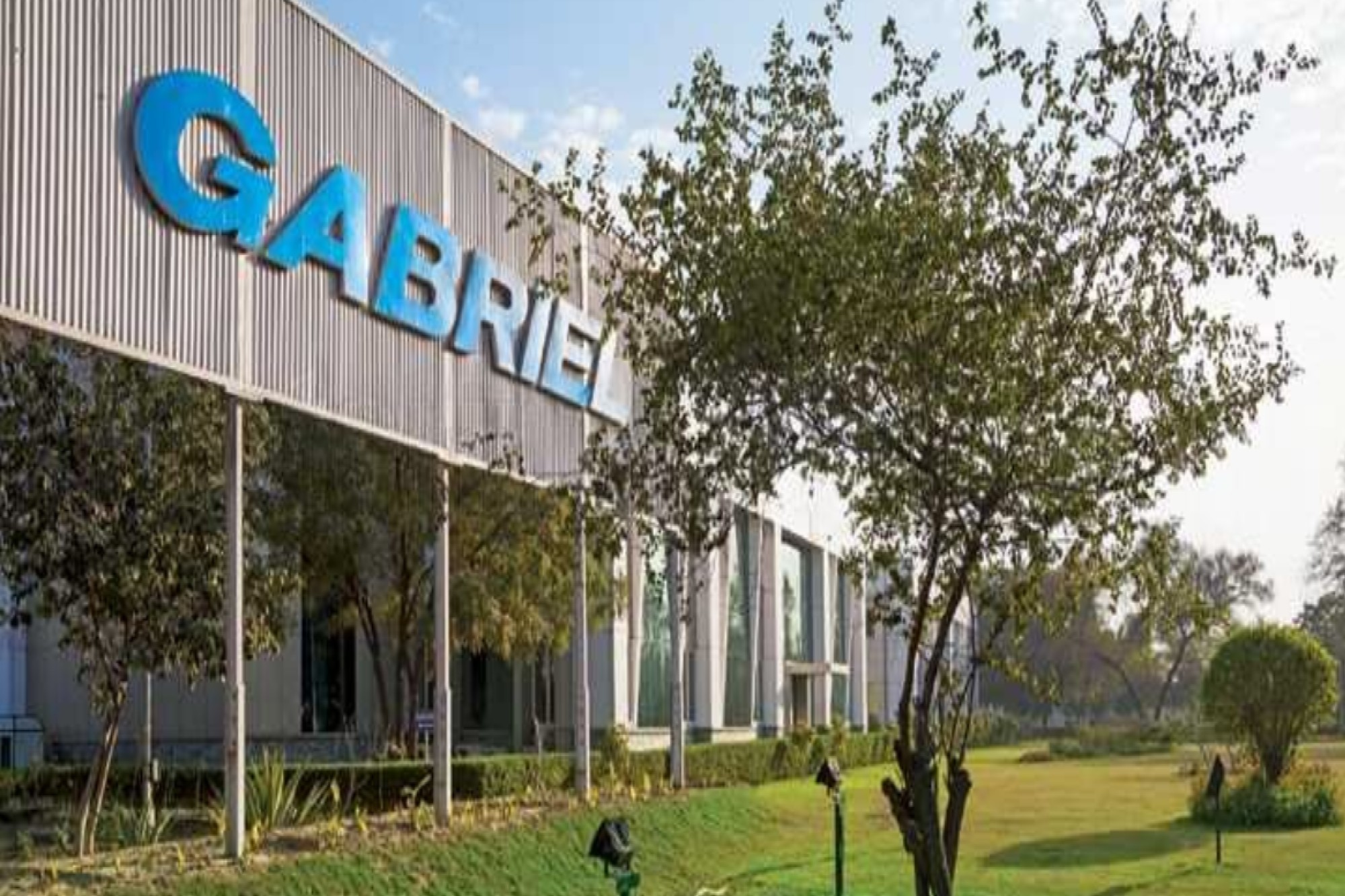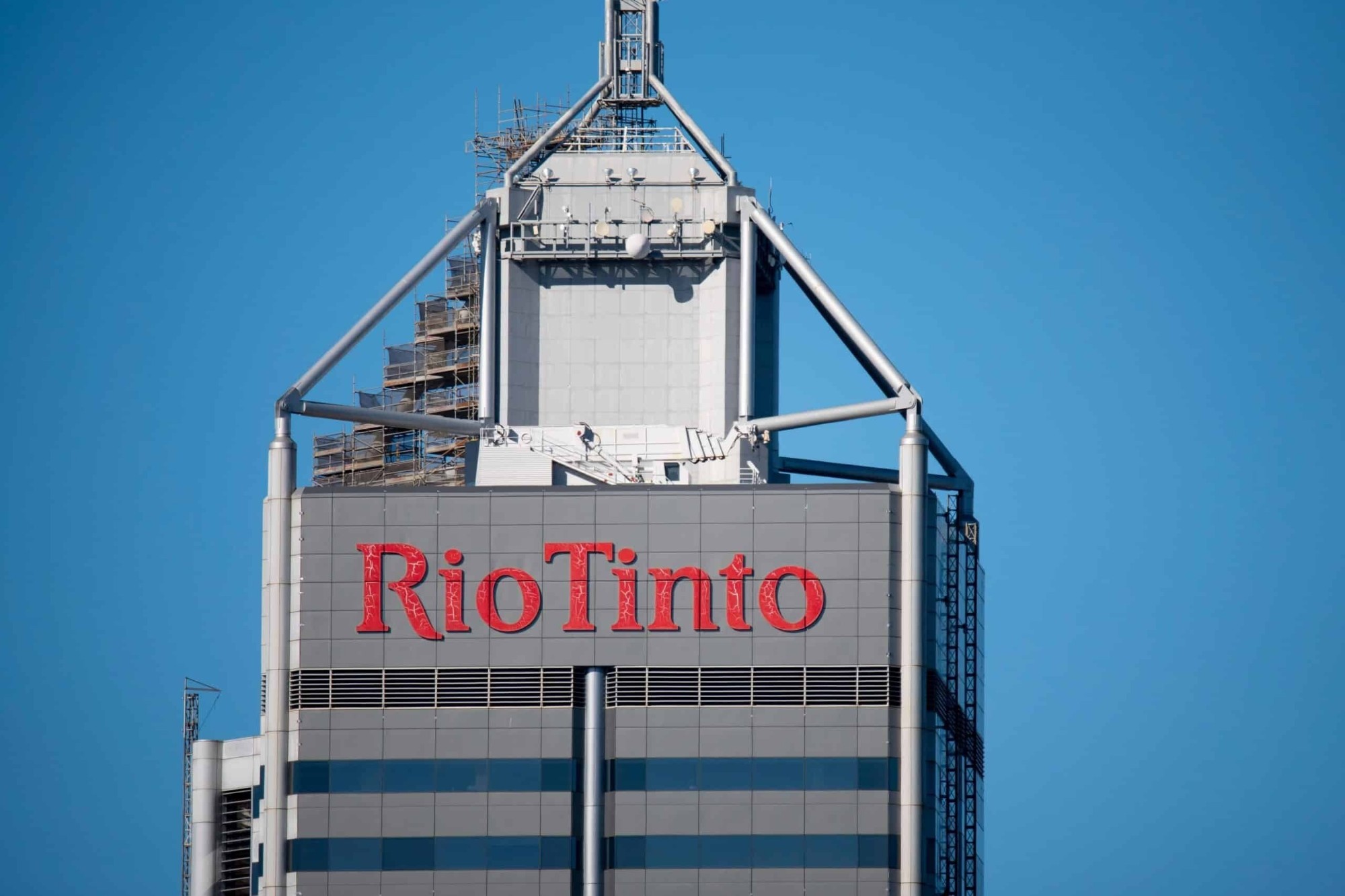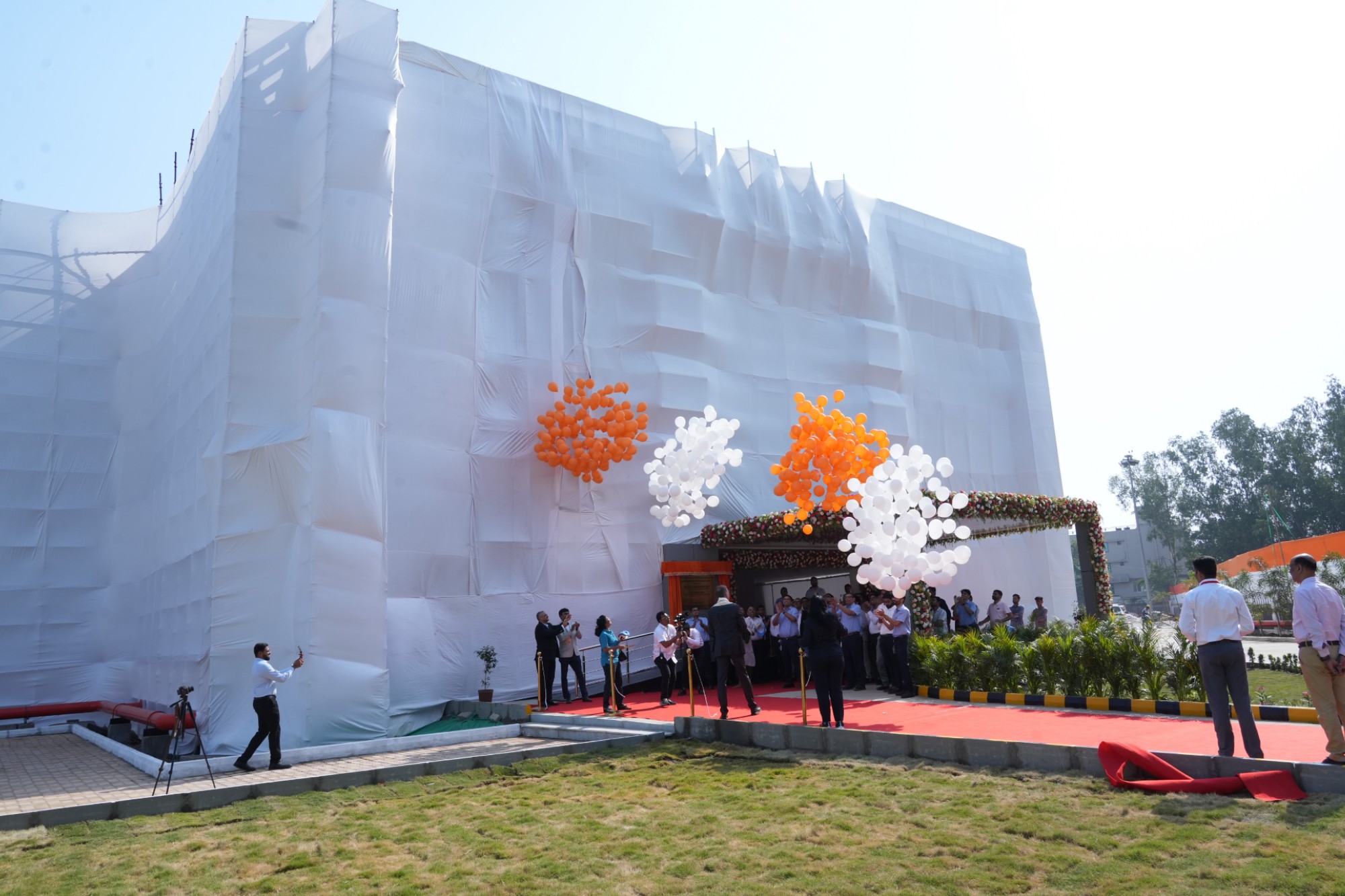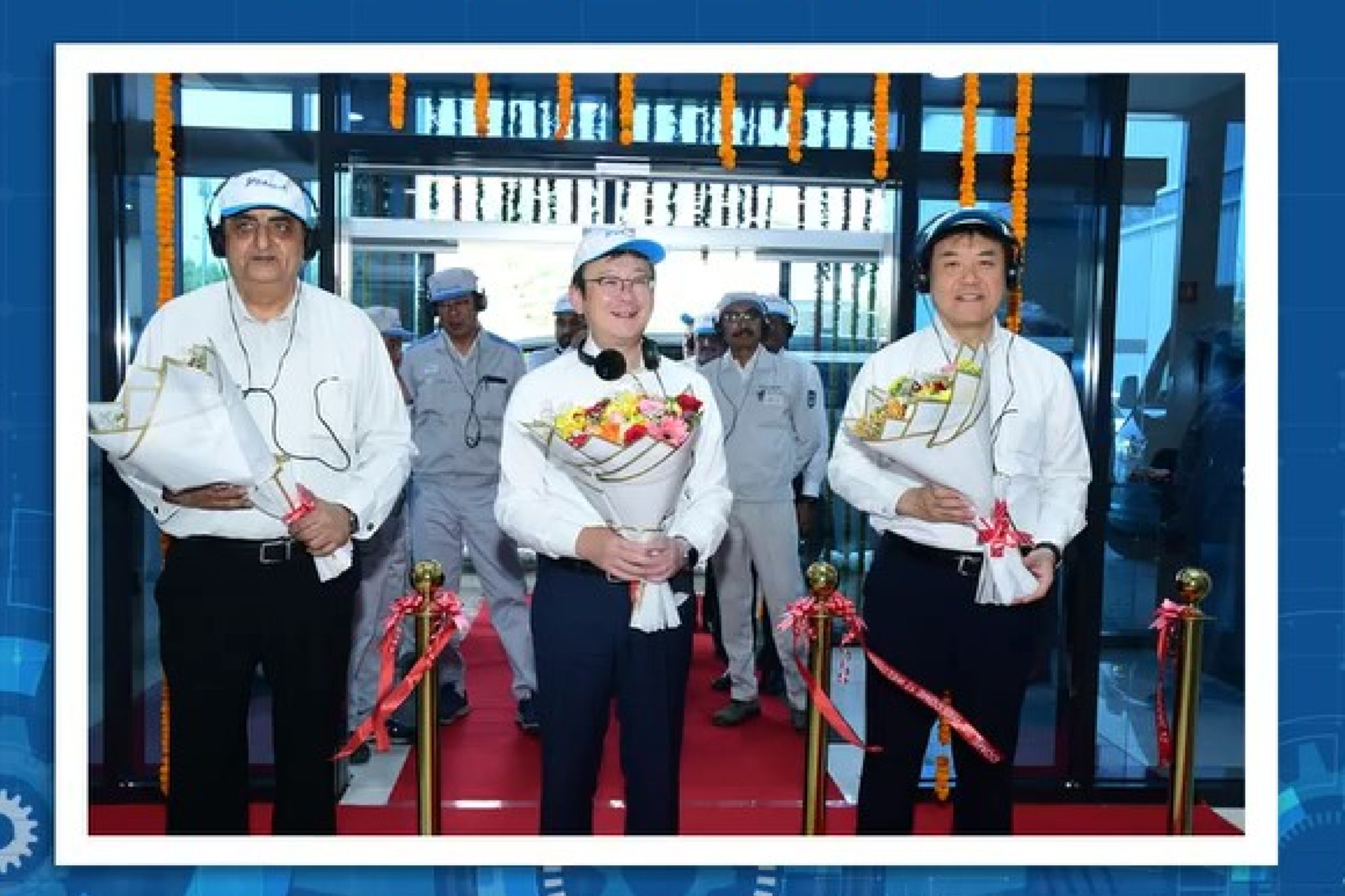Steel sector stands to gain from Industry 4.0
By OEM Update Editorial December 21, 2023 3:19 pm IST
Businesses that adopt Industry 4.0 technologies position themselves well to adapt to and influence the future. The PHDCCI Industry 4.0 Summit, titled ‘TechCrafting the Future: Redefining Manufacturing with New Age Solutions’, highlights this transformation in manufacturing through modern solutions.
The Indian steel sector aims to expand beyond domestic markets and explore global prospects, especially for smaller steel companies. Nagendra Nath Sinha, Secretary of the Ministry of Steel, Government of India, highlighted the significant role of the steel industry in India’s economy, contributing over 2 percent to the GDP. He emphasised the imminent impact of Industry 4.0 on this sector, foreseeing advantages for the Indian steel industry and small-scale enterprises while presenting international opportunities. Sinha emphasised the remarkable evolution of India’s steel sector, experiencing rapid production growth that elevated the country from the third-largest to the second-largest global crude steel producer within just four years.
He recognised the introduction of 5G tech and the application of drones in nuclear imaging as standout advancements within Industry 4.0. Likewise, he highlighted that a major obstacle hindering Indian MSMEs from embracing Industry 4.0 is the scarcity of skilled labour. He emphasised the impact of worldwide elements on steel prices, the challenge of balancing top-quality steel production with cost competitiveness in global markets, the necessity of sustainability, and the drive for modernisation as crucial factors shaping the rapid growth of the Indian steel industry.
Vijay Mittal, Joint Secretary at the Ministry of Heavy Industries, Government of India, highlighted the ministry’s role as the central authority for Industry 4.0. They have launched the SAMARTH initiative, recognising the global significance of this paradigm and its importance for India. This scheme aims to boost competitiveness by establishing Smart Advanced Manufacturing and Rapid Transformation Hub (SAMARTH) centres, actively promoting Industry 4.0. More than 70,000 MSMEs and industries have enrolled with these four SAMARTH centres. Mittal stressed the pressing need to shift from traditional to Industry 4.0 practices, particularly for MSMEs. He emphasised the necessity of affordable solutions to upgrade conventional manufacturing systems into advanced ones, enabling real-time insights into processes, quality, and other critical factors for MSMEs to comply with Industry 4.0 standards.Nitin Jain, Co-Chair of the New Age Business Committee at PHDCCI and a business co-founder, highlighted the Industry 4.0 readiness of major OEMs. They stressed the importance of enabling MSMEs to transition into this new industrial era. He noted India’s annual steel production of 120-130 MT, attributing this growth to increased demand since 2014-15, driven by infrastructure development and expanding manufacturing processes. Jain emphasised the need to utilise Industry 4.0 potential to boost steel exports while acknowledging challenges like high raw material costs and slow industry adoption of Industry 4.0.
He emphasised the urgency to invest in long-term, advanced technologies. Ravi Gupta, Co-Chair of the Minerals & Metals Committee at PHDCCI, highlighted how Industry 4.0 has revolutionised manufacturing, reducing costs and improving quality through automation. These technologies ensure safety and protect systems from potential breaches, enabling informed decision-making for production adjustments and response to market shifts. Gupta emphasised that industries embracing Industry 4.0 position themselves favourably to adapt to and shape the future.
Cookie Consent
We use cookies to personalize your experience. By continuing to visit this website you agree to our Terms & Conditions, Privacy Policy and Cookie Policy.



